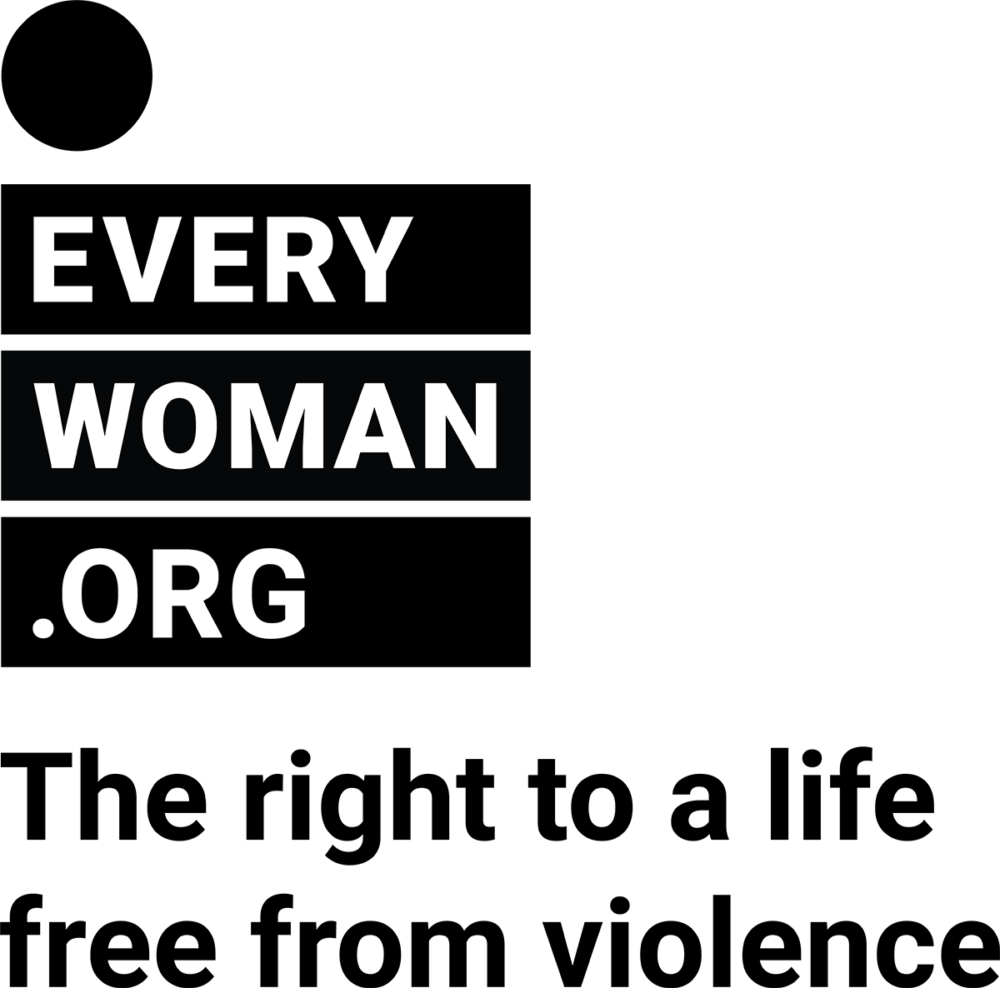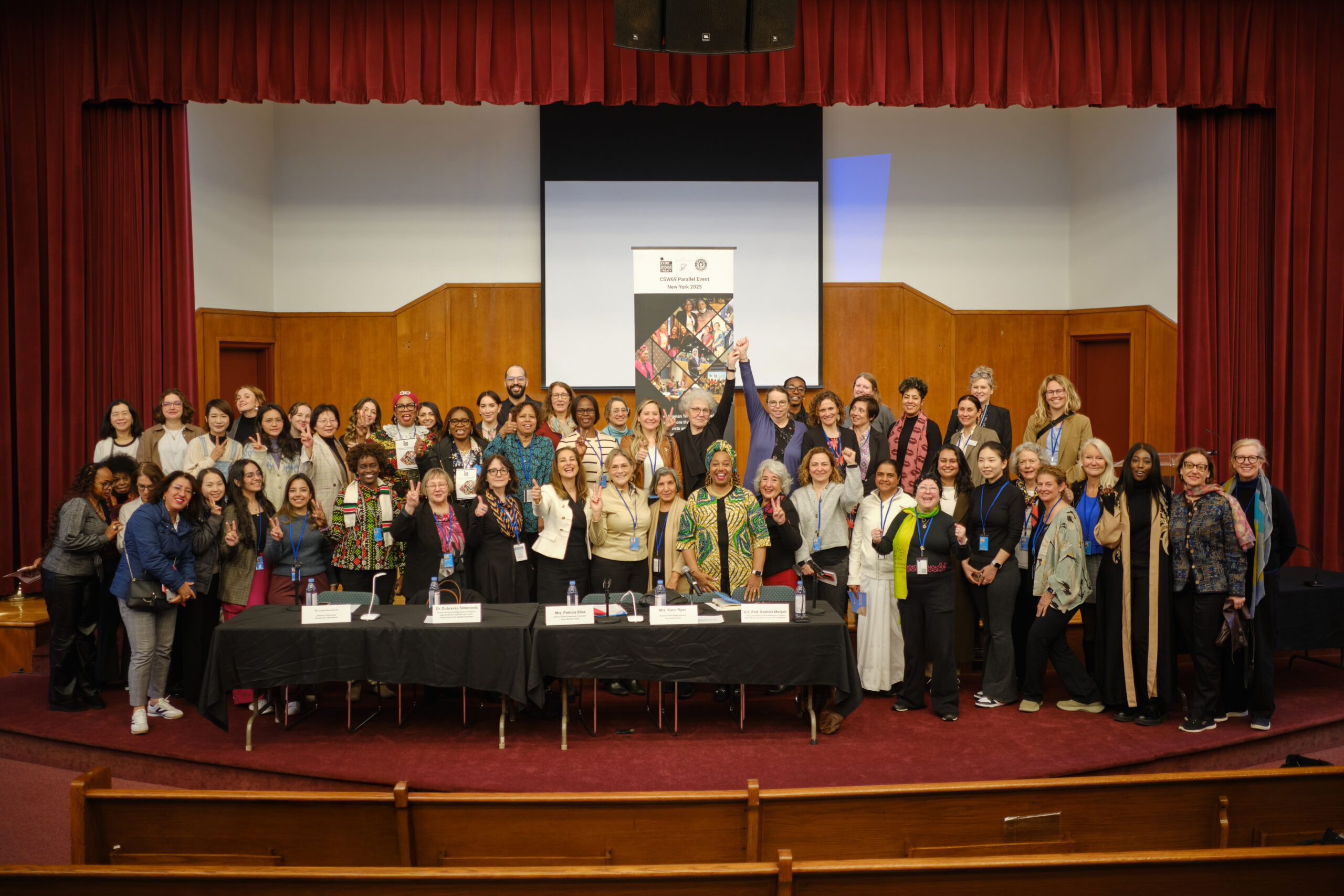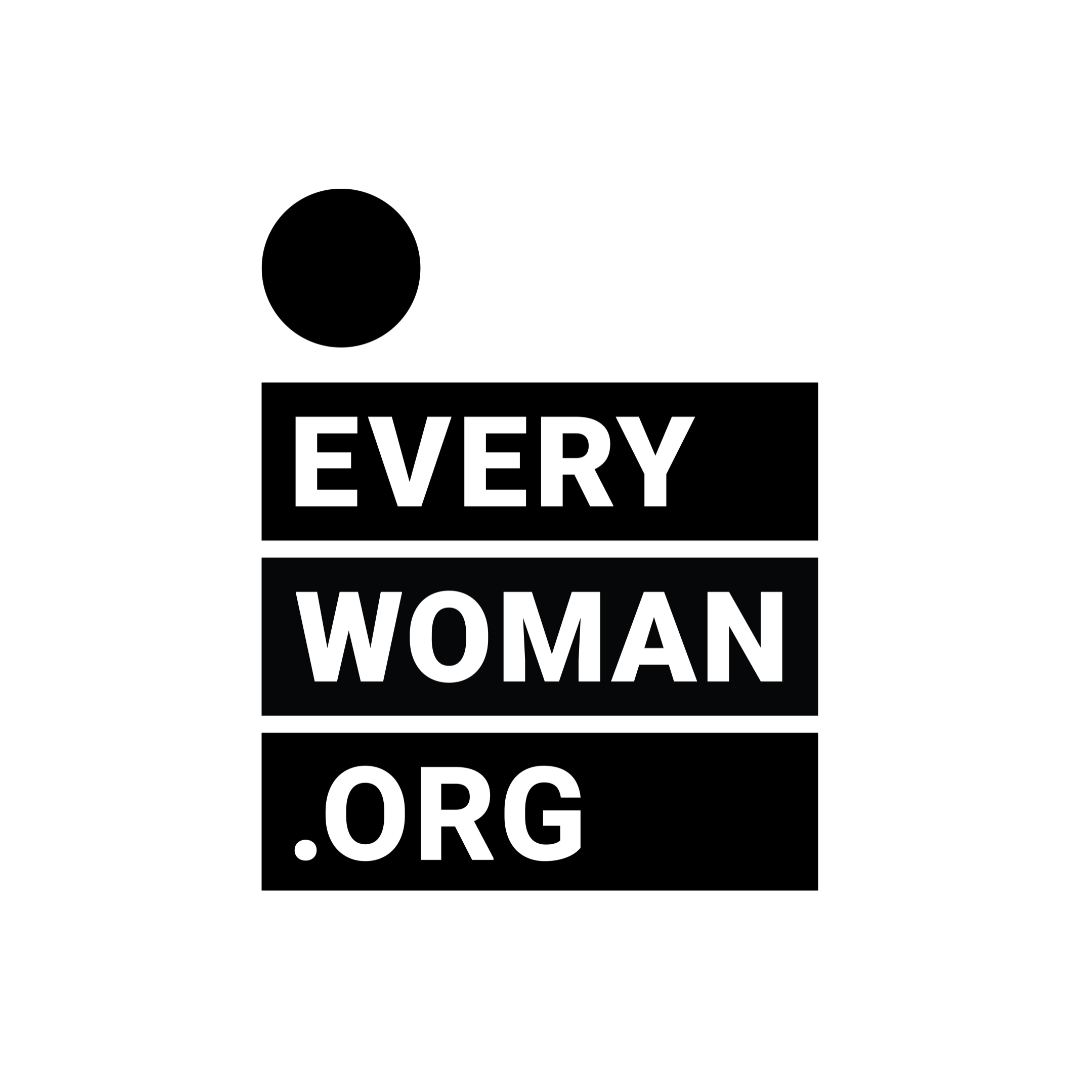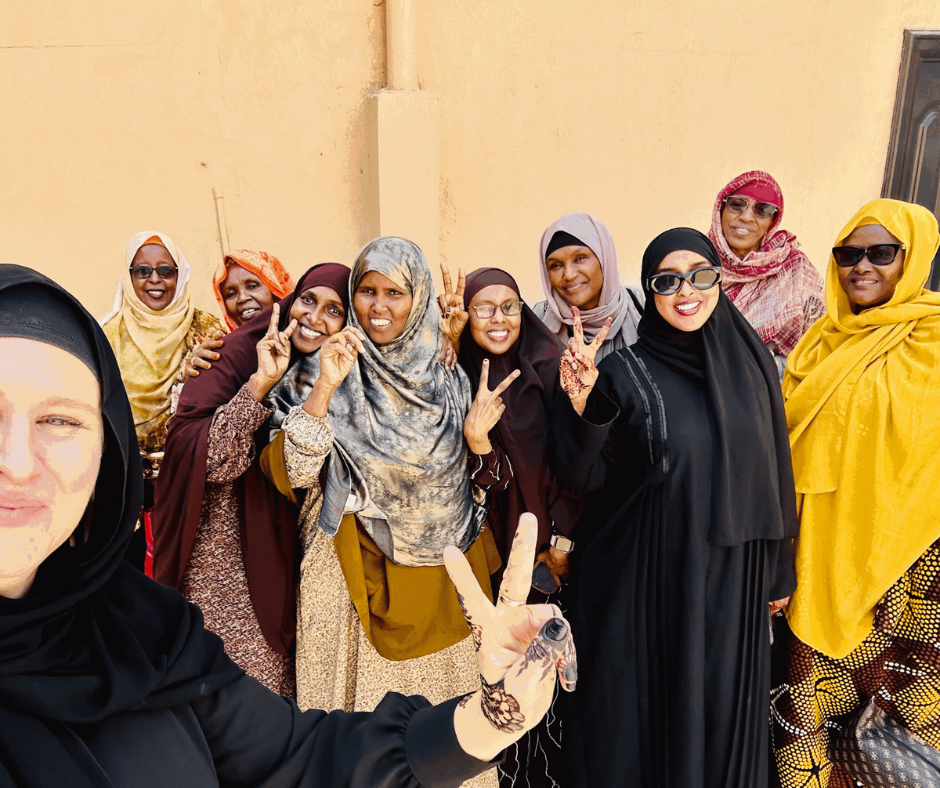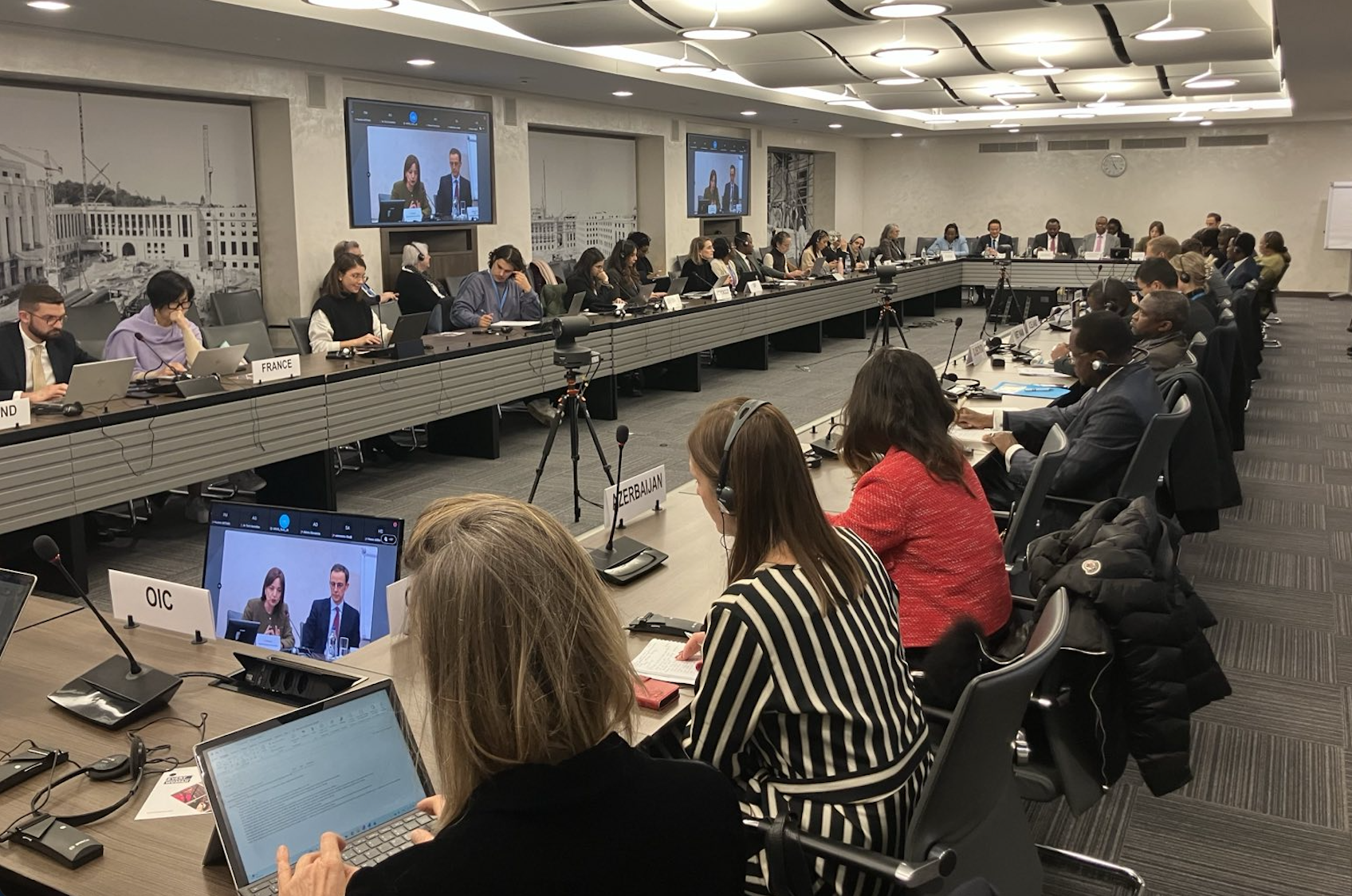New York, NY – Every Woman, The Carter Center and Soroptimist International hosted a high-level parallel event on the need for a new Optional Protocol to CEDAW to end violence against women and girls at the 69th Session of the Commission on the Status of Women.
The conversation was an opportunity to engage more women’s rights activists and organizations on the need for a binding instrument specific to addressing violence against women and girls, one of the most widespread human rights violations on earth.
“Violence against women is a human rights violation that is not being fully addressed,” said Former UN Special Rapporteur on violence against women Prof. Rashida Manjoo. “We need soft law mechanisms to set norms and standards, but we must have a binding mechanism. We need a legal instrument to create state responsibility.”
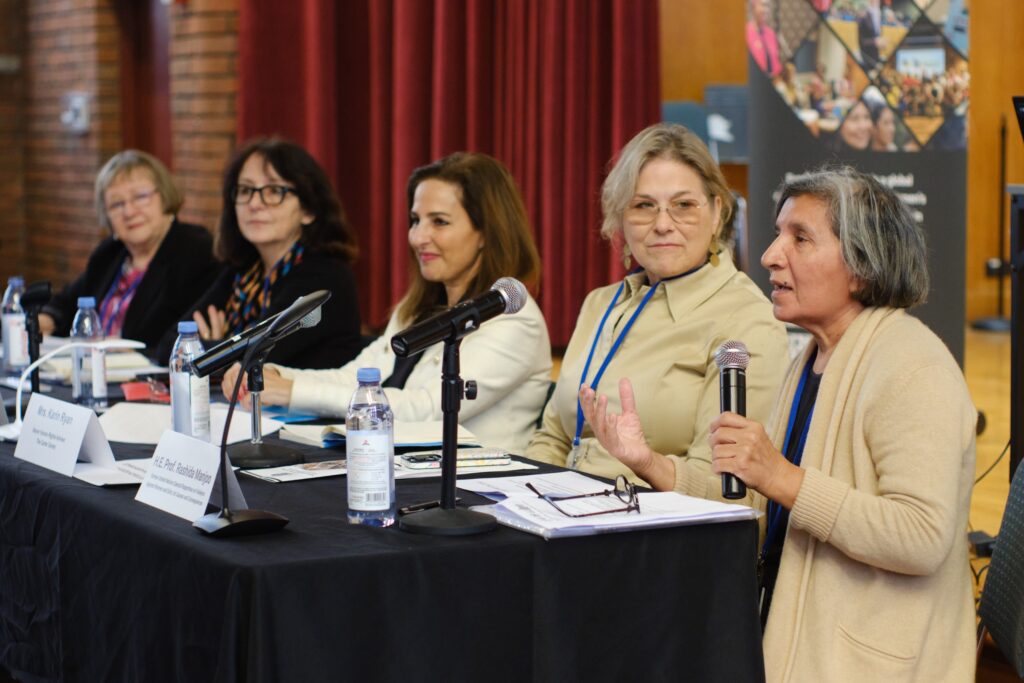
A new Optional Protocol to CEDAW would place ending violence against women and girls within a binding, hard law treaty framework, codifying norms and standards.
Prof. Manjoo said optional protocols are commonly used in international law to close legal gaps. The two optional protocols to the Convention on the Rights of the Child are a prime example. Experts identified that the text did not adequately address the rights of children in armed conflict and the sale and prostitution of children. The protocols were adopted to close those protection gaps.
Similarly, violence against women and girls is not comprehensively addressed in CEDAW’s text. A new optional protocol would close this protection gap.
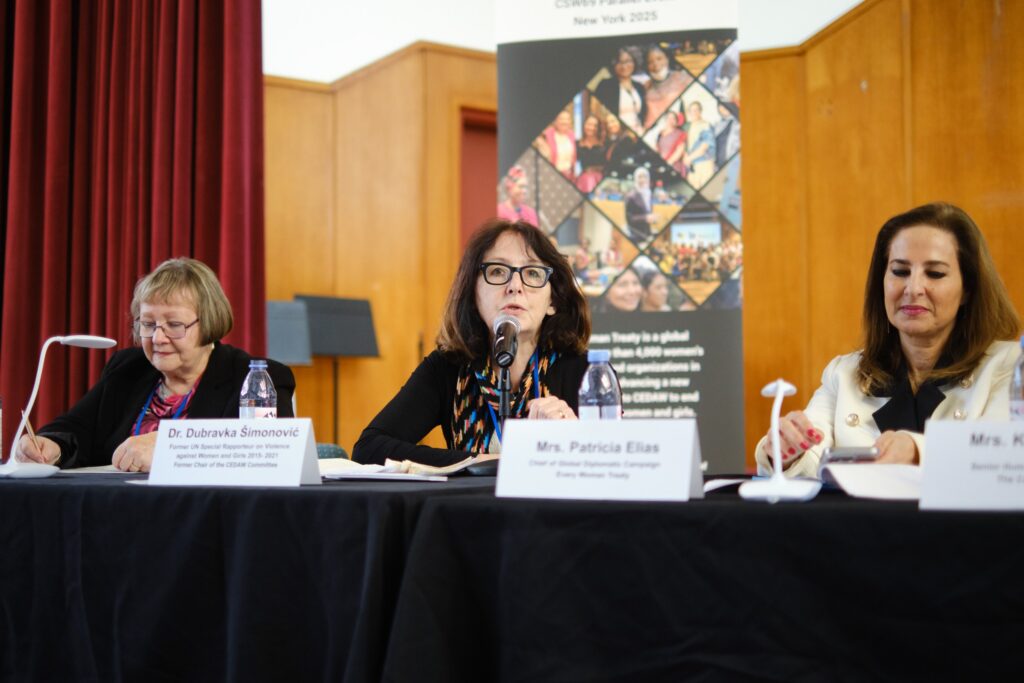
Dr. Šimonović, who served on the CEDAW Committee for 12 years, including as chairperson, prior to her tenure as Special Rapporteur on violence against women and girls, said that to enable states to use the CEDAW framework more simply and to move faster, they would benefit from a protocol that establishes clear roles in the areas of protection. She added that it is upon us to address and counter any backlash.
The conversation on the need for a new Optional Protocol to CEDAW comes at a challenging time for women’s rights. Ahead of International Women’s Day, UN Women reported that one in four countries experienced a backlash on women’s rights in 2024 and that women and girls are facing “unprecedented growing threats worldwide, from higher levels of discrimination to weaker legal protections.”
The discussion ended with panelists urging the women’s rights movement to work together to ensure the protection of women’s rights and safety globally.
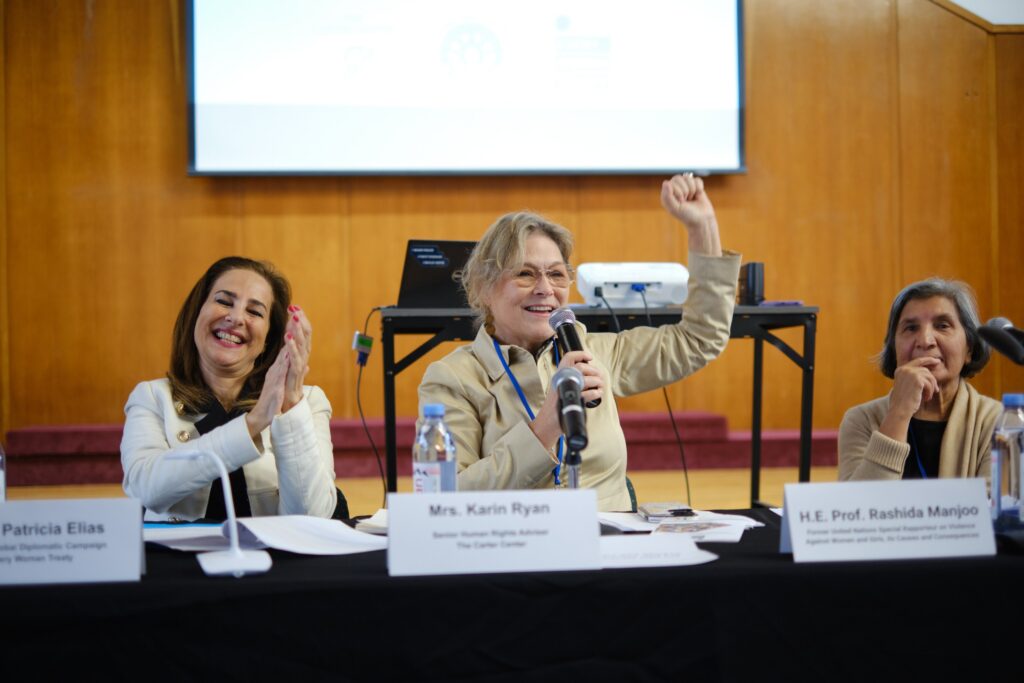
The way forward should include:
- More States joining the Group of Friends, led by the Democratic Republic of the Congo, Costa Rica, Sierra Leone, and Antigua and Barbuda. Women’s rights activists can lobby their governments to support a new Optional Protocol.
- More NGOs and INGOs joining the call.
- Establishment of a Working Group that can lobby states.
- High-level support in the UN system, including the CEDAW Committee and other treaty bodies.
- Acknowledgement that there will be dissent and counter-proposals, and we must engage.
We are grateful for the time and expertise of Prof. Manjoo and Dr. Šimonović and to The Carter Center and Soroptimist International for their ongoing partnership and commitment to women’s rights.
READ Prof. Manjoo’s recent coauthored academic article in International Human Rights Law Review here, and a draft of Dr. Šimonović’s forthcoming article in Boston University International Law Journal here. Our deepest thanks to Brill Publishing and BU ILJ for making these important articles available to all.
